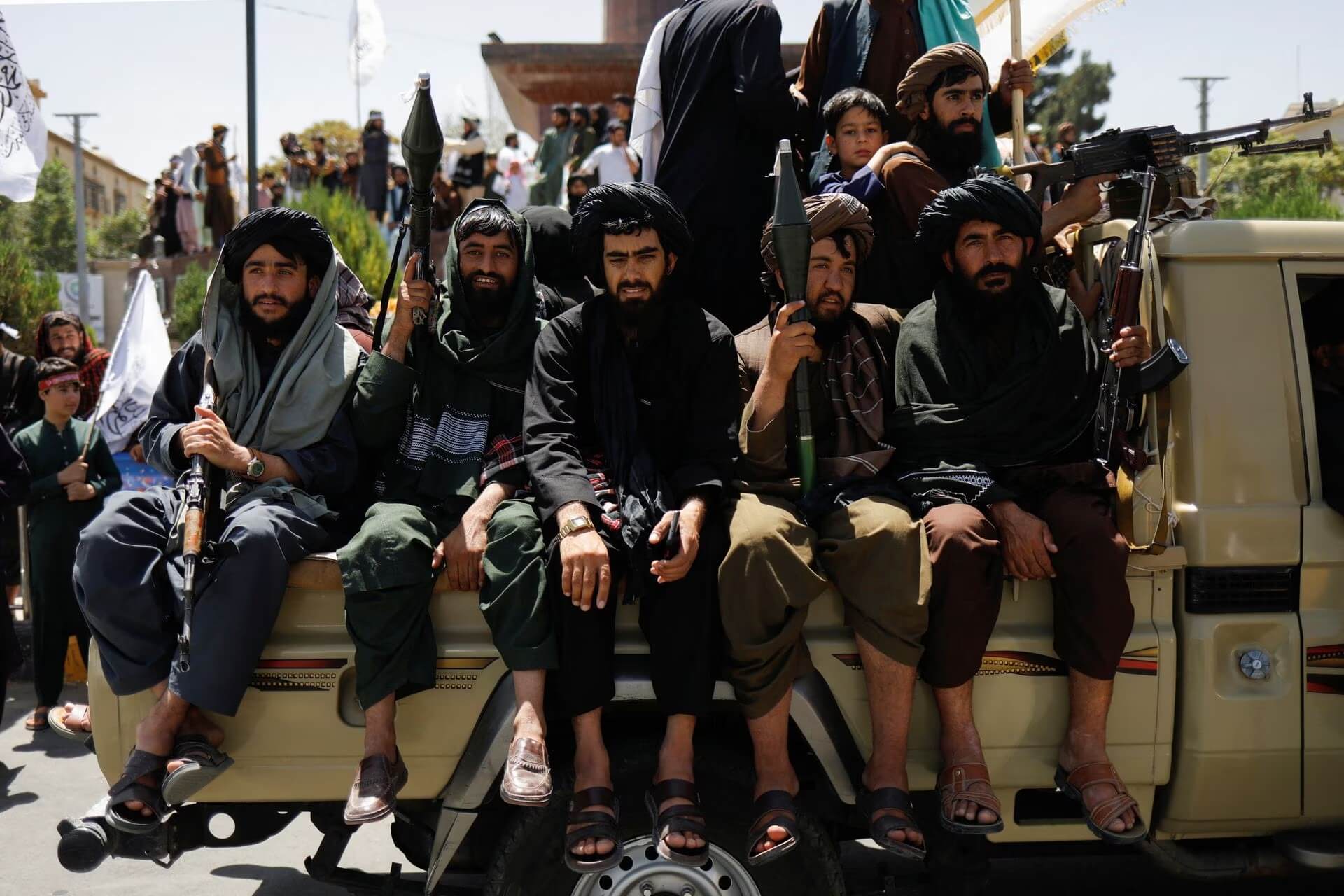The Taliban’s Ministry of Justice in Afghanistan banned all political parties in the country in an announcement made on Wednesday, saying that such activities are contrary to Islamic Law.
Abdul Hakim Sharei, the Minister of Justice, announced the ban at a news conference on 16 August, one day after the Taliban marked two years of rule since international troops withdrew from the country.
The Ban
Sharei reiterated that he would not let any person or group run political parties in the nation and said that no party in the country would be permitted to participate in political activity.
“This is not based on Sharia, does not preserve national interests, and people do not want it, so how reasonable is it for us to give permission for this,” he said.
The Taliban law minister Sharei said Sharia has no scope for political parties and they do not serve the political interests of the nation.#Taliban #Afghanistan #Democracy | @manojkumargupta https://t.co/lk03vlb5LC pic.twitter.com/NjKgntcoT7
— News18 (@CNNnews18) August 17, 2023
Sharia is a set of laws and precepts that govern the daily lives of Muslims.
The acting minister of justice remarked, “It is a completely banned clause, and we do not give permission for it in any way.”
Before the Taliban’s takeover, more than 70 major and minor political parties were formally registered with the Ministry of Justice.
While the Taliban have disallowed political activities since they took over the country, the recent announcement is the first official statement in this regard.
Criticism
Several political parties active during the previous administration criticised the decision of the Ministry of Justice to ban political parties’ activity in the nation.
Afghanistan Intellectual Committed Party’s chairman and political activist Salim Paigir, who founded his party over eight years ago, expressed his concern about the ban.
“Parties are an absolute necessity in society. If the Minister of Justice was not a member of Tehreek or the Taliban party, he would not be the Minister of Justice today,” Paigir said.
Moeen Gul Samkani, head of the Haq aw Adalat Party, commented, “In the modern period, society cannot advance without parties. They must go toward a dictatorship whenever there is just one party.”
While a section of lawyers feels the parties’ activities are significant, some political analysts believe that political parties would create further divisions within the already fractured country.
Restrictions Since the Taliban Takeover
The ban reflects the Taliban’s desire to monopolise political power without allowing political plurality in the country.
The country’s new rulers have been opposed to including what they call “discredited and puppet politicians” from the previous dispensation. They say that their participation would be a betrayal of their long struggle against foreign occupation forces and their “puppets” and “stooges.”
People familiar with the development said the decision was taken with consent from the government’s top leadership.
They mentioned that the announcement would make foreign relief and aid hard to access as the global community will not accept this new development.
Since returning to power in 20221, the ultraconservative militants have monopolized power by giving all major government leadership posts to Taliban leaders while muzzling the press and abolishing democratic institutions.https://t.co/cPH5Y73mXk
— Radio Free Europe/Radio Liberty (@RFERL) August 17, 2023
Since it came to power, the Taliban government has actively curbed people’s freedom.
The country’s population suffers as the rulers have banned schooling for girls beyond the sixth standard or the age of 12, shut salons run by women, heavily curbed the freedom of the press, banned women from travelling without a male guardian, stopped them from working with aid agencies, and barred them from parks.
The Taliban entered Kabul on 15 August 2021 and came to power following the withdrawal of the US-led foreign troops after 20 years of inconclusive war in the nation. The government is still not recognised by any country.

